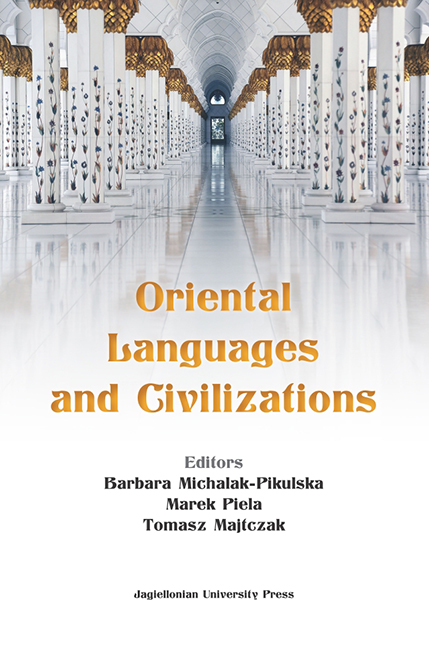Reaching back to the Qur’ān’s literary(pre-)history. Source text for the critical editionwanted
Published online by Cambridge University Press: 06 November 2021
Summary
Abstract
The paper is an attempt to sum up efforts being made inthe field of Arabic and Islamic studies to come upwith a critical edition of the text of the Qur’ān –the holy book of Islam – basing on the oldest,extant Qur’ānic manuscripts, and this in order toenable text criticism based on source texts. In thelight of the scarcity of oldest available sourcematerials and state of research, the quest for theauthographic text-form of the Qur’an is an enormousventure and more of an utopia rather than anachievable academic goal at this stage. However,merely the process of studying manuscripts deliversus unique insight into the Qur’ānic past –historical, dogmatic and literary.
Keywords: Quran, text criticism, early Islam, Quranicmanusrcipts
Counting from the first revelations received by theIslamic prophet Muhammad (570–632) around 610 CE,more than fourteen centuries have passed from thebirth of this monotheistic religion. With eachsubsequent century, Islam has become increasinglyinscribed into the awareness and daily life of theinhabitants of the Middle East and vast areasreaching the farthest parts of Asia, Africa andEurope. The first ones to study and analyze theassumptions of the new message from on high wereMuslim theologians and exegetes, as well as thenon-Muslim indigent population of the Middle East,mainly Christians, Jews, polytheists, and later onincreasingly followed by scholars from the Westernhemisphere. There is probably no academic fieldwhose adepts, especially Muslims, did not try toexplore the secrets of the teaching of the Qur’ānand sunna, using methodological tools available foreach discipline. And yet, it can be undoubtedlyconcluded today that the earliest history of theIslamic religion and the origins of the Qur’ānremain at present one of the least researched, mostenigmatic and shrouded with mysterious historicalevents of decisive importance for the fate of theworld. At the same time, along with the overallprogress of scholarship and the advent ofrationalism in Europe, there is a growing gapbetween academic methodologies and approachesfollowed by Eastern and Western researchers towardsthe historical emergence of the Muslim religion.
- Type
- Chapter
- Information
- Oriental Languages and Civilizations , pp. 265 - 274Publisher: Jagiellonian University PressPrint publication year: 2022

